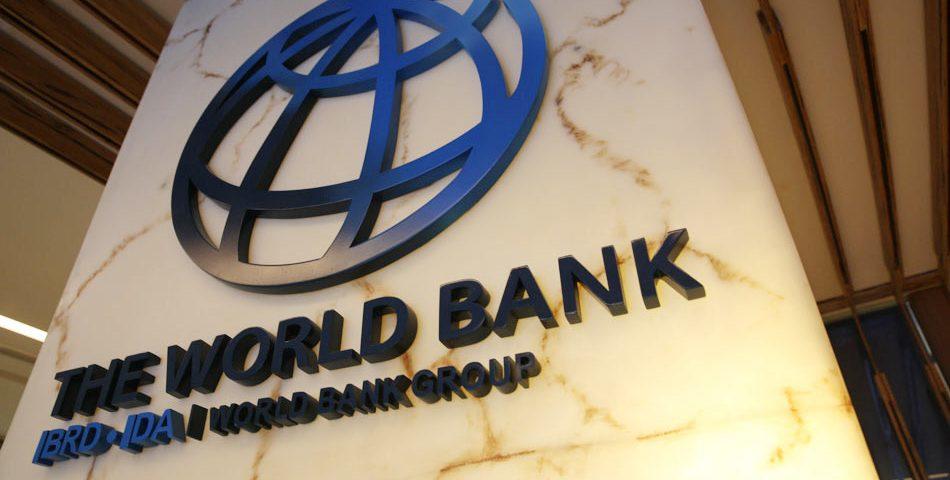The world bank says Nigeria has not requested for debt restructuring from international financial institutions as allowed under the Common Framework for debt treatment beyond the Debt Service Suspension Initiative, DSSI.
World Bank President, David Malpass, made the disclosure in Washington, at his opening press briefing of the ongoing annual meetings of the World Bank and IMF.
He, however, added that any request for debt relief from Nigeria would be subjected to assessment of the country’s debt sustainability.
The Common Framework for debt treatment beyond the DSSI (Common Framework) is an initiative endorsed by the Group of 20 Most Industrialised Nations, G20, alongside the Paris Club of Creditors last November to support, in a structural manner, Low Income Countries with unsustainable debt.
The Common Framework considers debt treatment, on a case-by-case basis, driven by requests from eligible debtor countries. In response to a request for debt treatment, a Creditor Committee is convened. Negotiations are supported by the IMF and the World Bank, including through their Debt Sustainability Analysis.
Nigeria’s public debt rose by 253 per cent in seven years to N42.84 trillion at the end of June 2022, from N12.12 trillion at the end of June 2015, while debt service cost gulped 114 per cent of federal government revenue from January to April, triggering rising concerns over the sustainability of the nation’s public debt.
However, the Minister of Finance and National Planning, Zainab Ahmed in a media interview on Wednesday on the sidelines of the annual meetings, had said that the Federal Government is also mindful of the rising debt service cost, worsened by interest rate hike and dollar appreciation, and has commenced discussions on debt restructuring for Nigeria with the World Bank, IMF and other financial institutions.
She had said: “We have been engaging financial institutions to look at the opportunity to restructure our debt to further stretch the debt service period to give us more fiscal relief. Those are some of the things we want to achieve in this meeting.”
But World Bank President, David Malpass, said Nigeria has not asked for such debt relief treatment as provided for in the Common Framework for debt treatment beyond the DSSI.
He said: “With regard to debt restructuring, the World Bank works very closely with the IMF on debt situations. Nigeria has not asked for the Common Framework under the G20 process. The process has been slow in acting in Chad, Ethiopia, and Zambia and there are some signs of movement on Zambia but it’s still challenging.
“So Nigeria and Ghana both did not ask for a Common Framework treatment. IMF President Kristalina Georgieva and I were talking yesterday with the group about if countries could have a situation where the common framework paused or allowed the country to have a standstill on their debt. That would help the countries choose their path forward on debt restructuring, and that would mean they would get a break on debt payments while they’re working out a restructuring agreement with the world but Nigeria hasn’t gone that route.
“So we would work with the IMF on an assessment of the debt sustainability of Nigeria but then it would also be up to Nigeria itself to interact with the various creditors, which include bondholders and includes official creditors that are engaged in Nigeria.”
